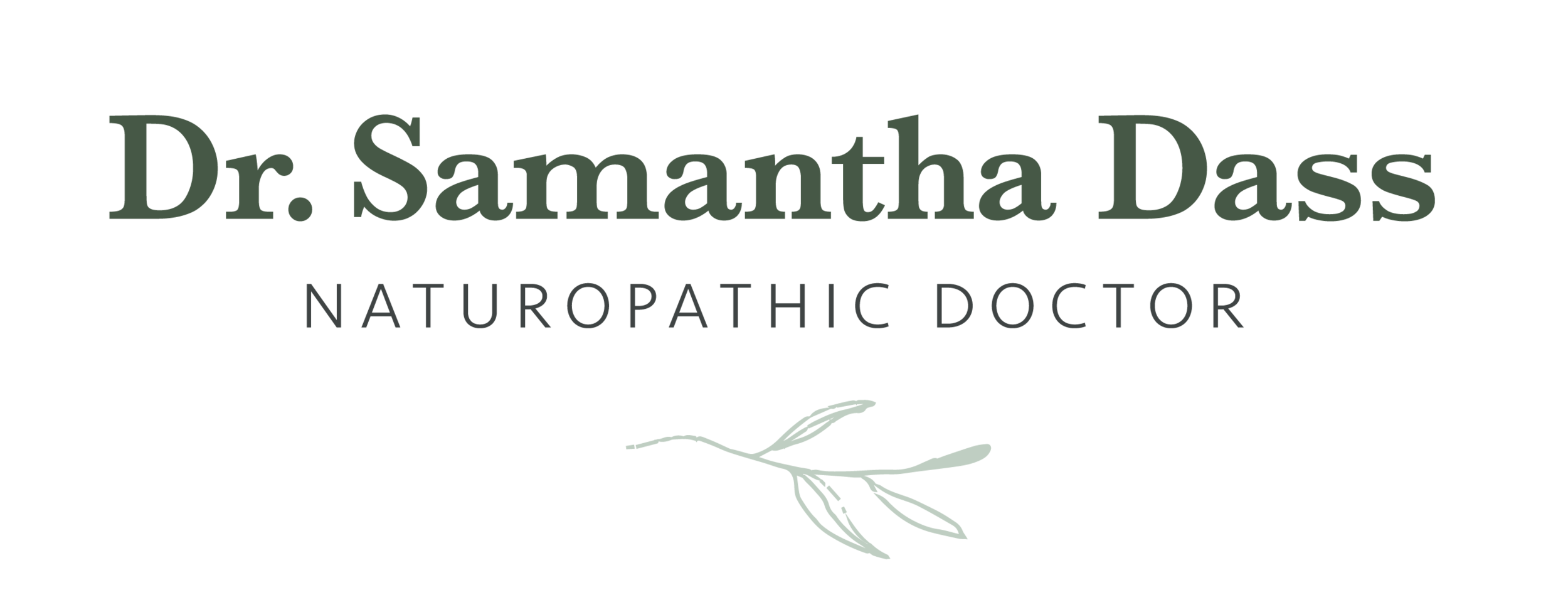Historic Herbs: Myrrh for Infections and Immunity
This is the second article in my Historic Herbs series. To read the first article click here.
Myrrh (Latin name Commiphora myrrha) is a herb used by humans since ancient times. In the ancient world, it was revered as a perfume and used for incense and in religious ceremonies. The plant that it comes from grows in Africa and the Middle East. The part used is the gum from the plant.
My favourite use for this herb is for fighting off infections in the mouth and throat. It has antimicrobial, immune-boosting and anti-inflammatory properties. I like to use it during colds to help sooth a sore throat and fight off infection. In cases where there is a lot of phlegm stuck in the throat, myrrh may make it easier to cough it up. It has also traditionally been used in cases of gingivitis.
In herbal medicine terms, myrrh is known as a vulnerary. A vulnerary is something that speeds up the healing of tissues. An ailment myrrh tends to help with is cankers. It seems to speed up the healing of these stubborn, uncomfortable sores.
When applied topically on the skin it also has these healing properties. For this reason it can be helpful for boils.
There are certain preparations of myrrh that are better than others. There are also some conditions and medications that it may interact with. If you need guidance on how to safely use herbal medicine or other natural remedies book an appointment or free 15-minute consult.

